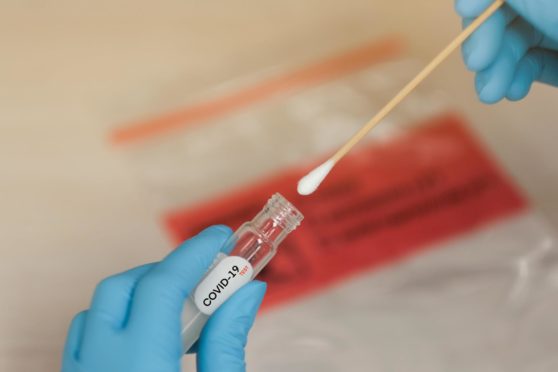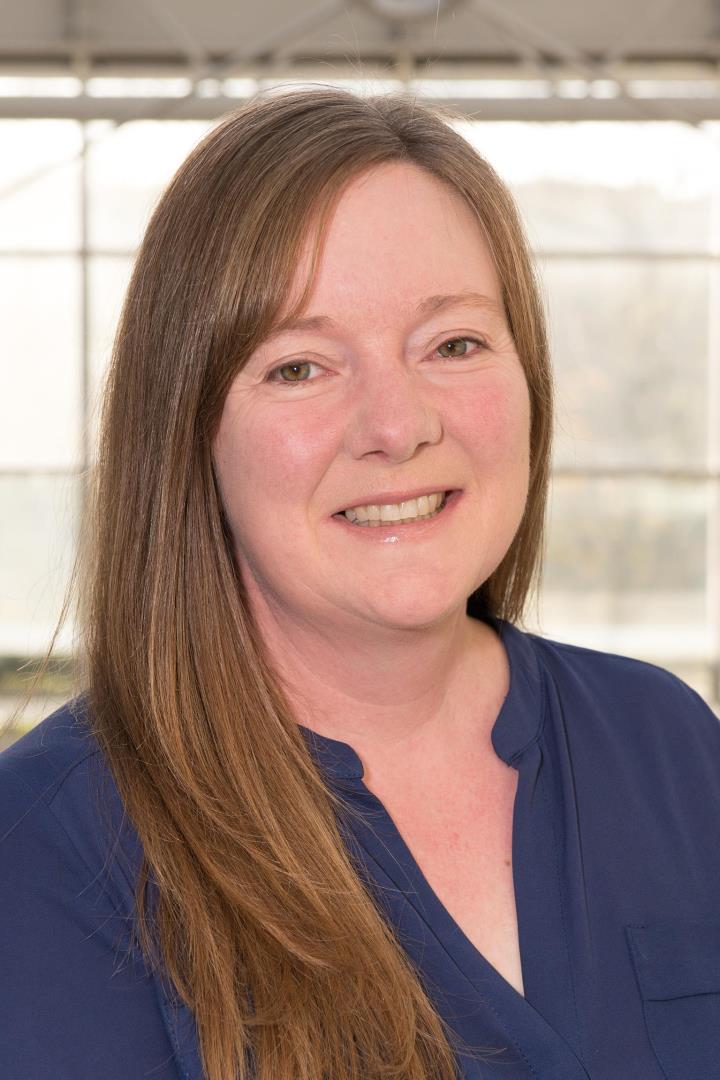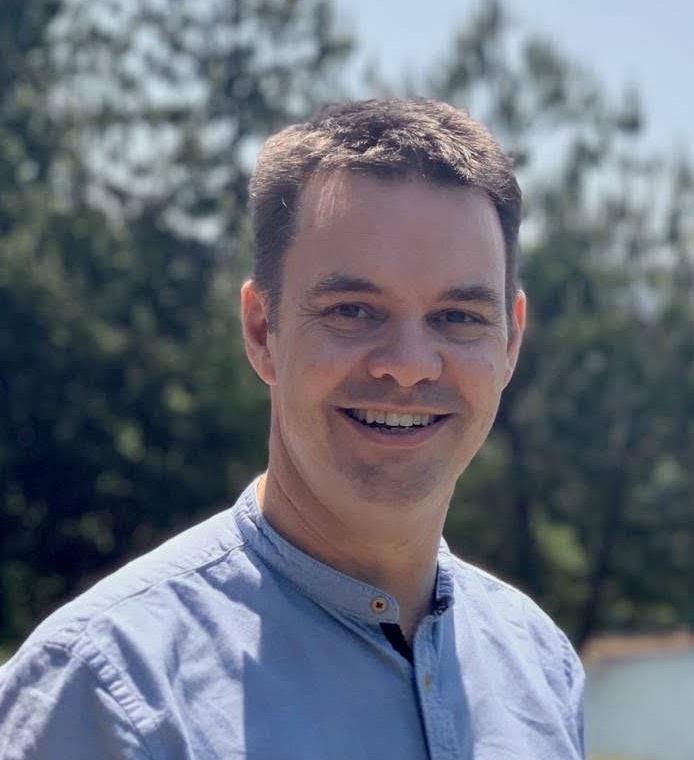Researchers from Robert Gordon University (RGU) are embarking upon a £300,000 study to find the best methods for treating long Covid.
Working with counterparts in Stirling, they will investigate the models currently used by physiotherapists, occupational therapists and other health professionals.
It is hoped this will help determine the treatments for maximising recovery and improving patients’ quality of life after the pandemic.
Most Covid patients find they are back to full health after a couple of weeks, but around one in five have gone on to develop longer-term symptoms lasting up to three months.
And a smaller but growing percentage are still suffering the effects more than six months after the infection.
The exact cause of long Covid is not yet known, but it is leaving patients with fatigue, breathlessness, muscle pain and an inability to think straight, sometimes called “brain fog”.
The study is one of nine investigations receiving a share of £2.5 million from the Scottish Government’s Chief Scientist Office to further probe the impact of the disease.
There have been calls for Scotland to open specialist long Covid clinics, as dozens have been set up in England.
Part of the wider research project will determine whether this is a suitable option north of the border.
Last month Aberdeenshire mum Helen Goss, whose eight-year-old daughter Anna has been suffering the effects for almost one year, said the move would be “huge” for patients.
And 29-year-old engineer Callum O’Dwyer, who is also experiencing the debilitating effects of long Covid, also backed the call.
Kay Cooper, a clinical professor of allied health professionals for RGU and NHS Grampian, has been named one of the principal investigators for the study.
She said: “Community rehabilitation for people with long Covid is in its infancy, with service models developing and evolving as we learn more about the long-term consequences of Covid-19.
“A variety of models are being used in Scotland and this research will help us understand what works in different settings and contexts.
“Rehabilitation services are pivotal to supporting people in their recovery.
“By assessing the various models being used, we can make evidence-based recommendations to maximise quality of life and recovery for people with long Covid across Scotland through the most appropriate models of rehabilitation for service users’ circumstances.”
The research will span four health boards – Ayrshire and Arran, Lanarkshire, Grampian and Tayside – with the findings to be shared across the country.
Dr Edward Duncan, the second principal investigator and a professor at Stirling University, said: “There are many possible symptoms after a Covid-19 infection, from breathing difficulties to extreme fatigue and mental health problems.
“How long it takes to recover from Covid-19 is different for everybody – some symptoms can last weeks or even months after infection.
“The chances of experiencing long-term symptoms does not appear to be linked to how ill someone was when the infection took place. People who had mild symptoms initially can still have long-term problems.
“Some people will need rehabilitation to support and maximise their recovery.
“At present, we do not know how best to support recovery from long-COVID and different health boards are providing rehabilitation in different ways.”
The study will be assisted by fellow RGU researchers, and experts from Dundee University and NHS Ayrshire and Arran.












